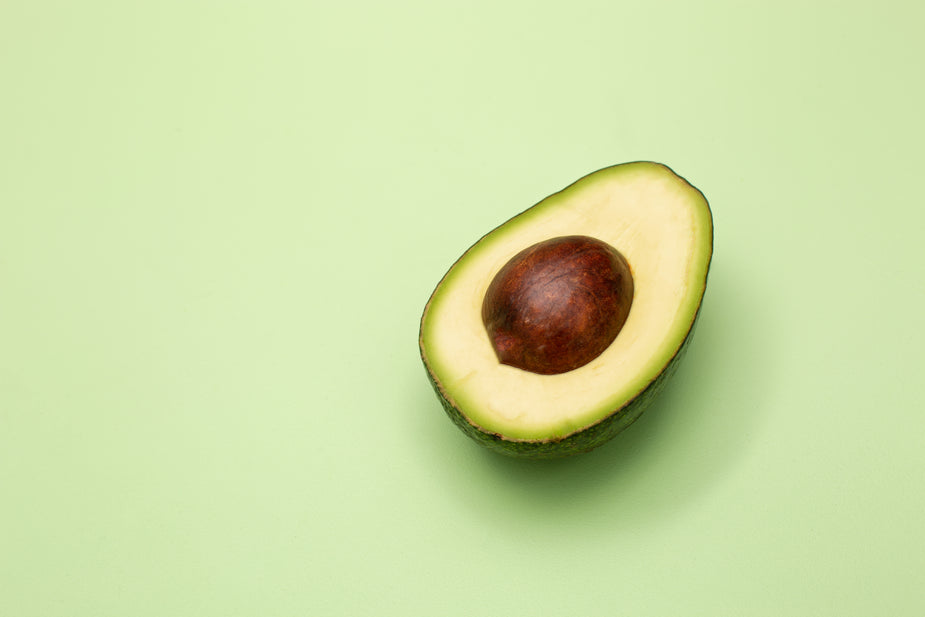Navigating Special Diets: Gluten-Free and Beyond
Overview
Explore the essentials of navigating special diets, including gluten-free, low-carb, and vegan options. Learn about pantry staples, meal planning tips, and how to stay informed and inspired on your dietary journey for improved health and wellness.
Frequently Asked Questions
1. What is a gluten-free diet?
2. Who benefits from a gluten-free diet?
3. What are some essential ingredients for a gluten-free pantry?
4. What should I consider when meal planning for special diets?
5. How can I stay informed about special diets and meal planning?
In recent years, special diets have taken the spotlight in the culinary world. More people are embracing various dietary needs—whether for health reasons or lifestyle preferences—leading to a growing demand for tailored food options. One such dietary consideration is gluten-free living, which has garnered attention due to its health benefits for many individuals. In this blog, we will explore navigating special diets, including gluten-free and areas beyond, along with a focus on stocking your home with essential ingredients, like Sugar-Free Pantry Essentials.
Understanding Gluten-Free Diets
The gluten-free diet, a lifestyle choice embraced by many, involves the complete elimination of gluten—a protein found in wheat, barley, and rye. For those with celiac disease or gluten sensitivity, ingesting gluten can lead to serious digestive problems and other health complications. However, even those without a gluten intolerance are adopting this diet for perceived health benefits.
What Does it Mean to be Gluten-Free?
A gluten-free diet entails the consumption of foods that do not contain wheat, barley, or rye. This includes, but isn't limited to:
- Fruits and vegetables
- Meats and fish
- Dairy products
- Legumes and nuts
- Rice and gluten-free grains (like quinoa and millet)
When following a gluten-free diet, it's essential to read labels diligently, as gluten can be hiding in unsuspecting foods and processed items. The prevalence of gluten in snacks, sauces, and other products can complicate adherence to this diet.
Exploring Other Special Diets
While gluten-free diets are a popular focus, several other special diets are worth exploring. Each offers unique benefits and can be adjusted according to individual needs. From vegetarianism and paleo to ketogenic and low-carb options, there’s a wide variety to consider.
Low-Carb and Keto Diets
Low-carb diets have gained traction, especially as their benefits for weight management and improved glucose control become evident. By reducing carbohydrate intake, the body is encouraged to burn fat for energy, a process known as ketosis. The ketogenic diet takes this approach further by drastically reducing carbs to induce a state of ketosis, often resulting in rapid weight loss.
During this journey, having the right ingredients on hand—such as Sugar-Free Pantry Essentials—is crucial for success. Focus on stocking up on healthy fats and proteins while minimising sugar and refined carbs.
Vegetarian and Vegan Diets
Choosing a vegetarian or vegan lifestyle is driven by various factors, including health, ethics, and environmental concerns. Vegetarians abstain from meat and fish, while vegans exclude all animal products. Both diets are associated with numerous health benefits, including lower cholesterol levels and reduced risk of heart disease when followed mindfully.
For those considering this path, it’s vital to ensure nutritional adequacy. Pay attention to protein sources—like legumes and nuts—and consider supplementing where necessary, particularly vitamin B12, which is primarily found in animal products.
Essential Ingredients for Special Diets
A pantry stocked with the right ingredients is fundamental to thriving on any special diet. Here’s a curated list of essential items to consider featuring our spotlight on Sugar-Free Pantry Essentials.
Pantry Staples for a Gluten-Free Diet
- Gluten-Free Flour Blends: Explore almond, coconut, or chickpea flours.
- Lucuma Powder: A natural sweetener that provides a lovely caramel-like flavour without sugar.
- Gluten-Free Pasta: Options made from rice, legumes, or quinoa.
- Certified Gluten-Free Oats: Perfect for breakfast or baking.
Paleo-Friendly Essentials
- Raw Nuts and Seeds: Great for snacking and adding crunch to dishes.
- Coconut Milk: An excellent dairy substitute for soups and smoothies.
- Grass-fed Ghee or Butter: Preferred fats for cooking and baking.
- Organic Honey or Maple Syrup: Natural sweeteners that are paleo-approved in moderation.
Keto-Friendly Ingredients
- Olive Oil and Coconut Oil: Perfect for sautéing and baking.
- Bone Broth: Offers numerous health benefits and is great for soups.
- Low-Carb Vegetables: Such as spinach, kale, cauliflower, and zucchini.
- Sugar Alternatives: Like erythritol or stevia for those sweets cravings without the carbs.
Every Vegan's Secret Ingredients
- Nutritional Yeast: Adds a cheesy flavour to dishes without dairy.
- Plant-Based Protein Powder: Ideal for shakes and smoothies.
- Chia Seeds: Great for making egg replacements or puddings.
- You’ll definitely want some canned legumes and lentils around for quick proteins!
Smart Meal Planning for Special Diets
Once you have your pantry stocked with essential items, effective meal planning becomes simple. Planning meals can keep you on track and ensure you're meeting your nutritional needs. Here are some tips for successful meal planning:
Creating Balanced Meals
When designing your meals, aim for balance. A nutrient-dense plate should incorporate:
- A protein source (like beans, meat or tofu)
- A healthy fat (like avocado, nuts, or olive oil)
- A variety of non-starchy vegetables (broccoli, peppers, spinach)
By focusing on balance, you will help prevent hunger and keep your energy levels stable throughout the day.
Batch Cooking and Meal Prep
Batch cooking can revolutionise your meal routine. Preparing larger portions of meals can save time and ensure you have nutritious options readily available throughout the week. Consider spending a few hours on the weekend to:
- Create soups or stews
- Cook grains or legumes
- Chop vegetables for quick salads
- Portion snacks for convenient access
With everything prepped and ready to go, you can enjoy your meals without the stress of daily cooking.
Stay Informed and Inspired
Information is key when navigating dietary changes. Join online communities, subscribe to newsletters, and explore recipes that fit your dietary requirements. Pinterest and Instagram are fantastic places to find inspiration, from stunning visuals to insightful tips. Follow those who share your dietary preferences and learn from their experiences.
Adapting to Changes
Adapting to special diets is a personal journey. It's essential to listen to your body and observe how various foods affect your health and well-being. Transitioning to a gluten-free, low-carb, or vegan lifestyle may involve trial and error. Be kind to yourself and consider consulting a healthcare professional or nutritionist for tailored advice if needed.
Embrace the Journey Ahead
By exploring special diets and understanding which is most suitable for you, the path will unfold with delicious culinary experiences and nutritional benefits. Stocking your pantry with Sugar-Free Pantry Essentials and other health-focused ingredients will deliver the fuel you need—resulting in a healthier and more vibrant lifestyle. Enjoy every step of this new journey, and remember that the power to nourish your body and mind lies in your hands.




